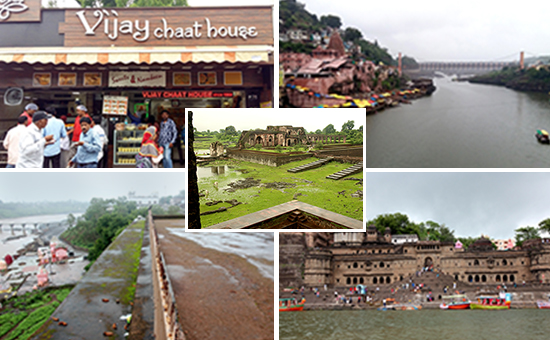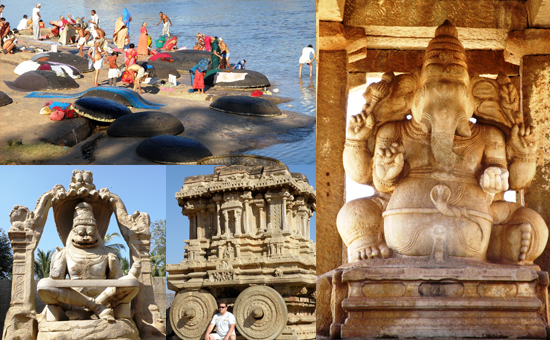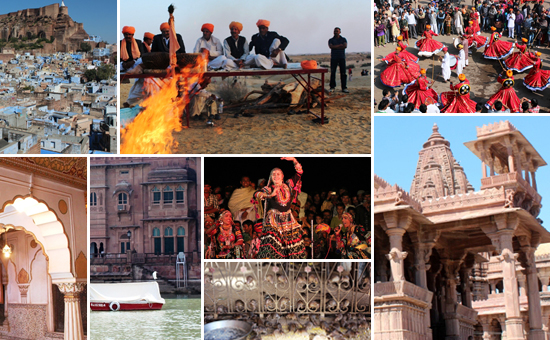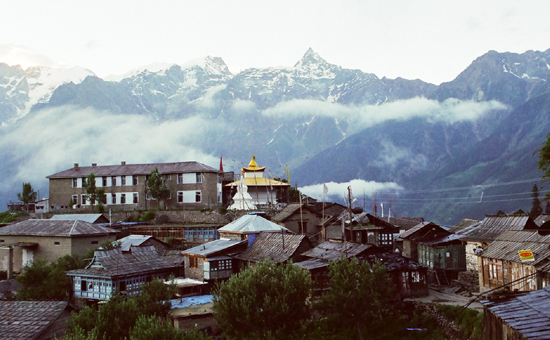- Know about the SC’s Vacation Policy, Origin of Summer Vacations concept, downside of current policy and Proposed Leave Policy for Judges.
Did
you know that in 2021 the Supreme Court had a summer break of 41 days and would
work for 231 days?
How many holidays do respected Supreme
Court (SC) Judges get annually? Visited the SC site on July 19, 2021 at 11.30
am. Found a well-designed calendar. Table 1 shows for
each month days in a month, holidays split into Sunday, declared holidays,
vacations (called additional holidays) and balance being working days.
Table
1 – SC Calendar 2021
|
Month
|
Days
|
Sunday
|
Declared
Holidays
|
Additional
Holidays
|
Working Days
|
|
January
|
31
|
5
|
4
|
0
|
22
|
|
February
|
28
|
4
|
0
|
0
|
24
|
|
March
|
31
|
4
|
1
|
2
|
24
|
|
April
|
30
|
4
|
2
|
2
|
22
|
|
May
|
31
|
5
|
0
|
15
|
11
|
|
June
|
30
|
4
|
0
|
26
|
0
|
|
July
|
31
|
4
|
1
|
0
|
26
|
|
August
|
31
|
5
|
2
|
0
|
24
|
|
September
|
30
|
4
|
1
|
0
|
25
|
|
October
|
31
|
5
|
3
|
5
|
18
|
|
November
|
30
|
4
|
2
|
5
|
19
|
|
December
|
31
|
4
|
1
|
10
|
16
|
|
TOTAL
|
365
|
52
|
17
|
65
|
231
|
Foot Notes
1. Five holidays for e.g. Mahavir Jayanti and Buddha Purnima, fall on Sunday so come under Sunday.
2. Declared Holidays are like Holi, Good Friday, Id, Diwali, Dussehra, Christmas etc. For full list view
SC calendar.
3. Additional Holidays means holidays shown in calendar that are in excess of 1 day for each festival for e.g. Dussehra holidays are six of which 1 day is declared holiday so five days considered as additional (vacation).
4. Holi and Good Friday holidays are from March 29 to April, Summer Vacation from May 14 to June 30, Dussehra from October 11 to 16, Diwali from November 1 to 6, Christmas and New Year from December 20 to January 1 2022.
Note that while calendar shows Sunday as holiday, informal inquiries reveal that as a matter of practice Judges usually sit for 5 days while the court is open for 6. When the judges deem appropriate cases are heard on Saturday. However, the 2021 calendar states that “the Registry of the Court will, however, be functioning throughout the vacation except on Saturdays, Sundays and Holidays.”
An official clarification, for the
benefit of the common man, on whether SC (judges and registry separately)
officially work 5 or 6 days a week would provide clarity and enhance transparency.
From the table it is observed that SC judges get 65
additional holidays. These are in the form of Summer Vacation and during Holi,
Dussehra, Diwali and Christmas/New Year. It is not known if judges get casual
leave.
By way of comparison - IAS officers get 13 days casual
leave in normal areas and 30 days earned leave. It is not known if judges and
IAS officers get medical leave.
The number of holidays was commented upon by The 230th Law Commission of India Report on Judicial Reforms (2009). “It said that, considering the mounting pendency, vacations in the higher judiciary must be curtailed by at least 10 to 15 days” Source
 Malwa in M.P. is a must visit.
Malwa in M.P. is a must visit.
It would be useful to go into the origin
of summer vacation for judges.
During British rule and when maximum number of judges were British, they headed home for summer vacation being unable to bear Delhi’s heat. Probably, courts and homes were not air-conditioned then. The tradition has continued in independent India.
Retired Judge of Bombay High Court V.G. Palshikar said, “All judges were English people, who had families in England. They would go there and come back by ship: one month to go, one month to stay with them, and one month to come back. Therefore you have three months of summer vacation; that was a necessity.” Source
The Hindu
To
be fair, the three month period is 41 days now.
 Hampi is a must visit.
Hampi is a must visit.
Actually,
like all of us Judges do need vacations, probably more. Their job does not end
at attending court hearings. Post that they have to read relevant case laws and
the law itself besides dictating/writing of case orders. They need vacations to
rest and catch up on reading/work that was incomplete during usual days. It can
also be argued that since most SC judges are 60 plus they need more holidays. Note
that some judges use holidays for non-court activities like training and public
talks.
The questions that arise are two.
One,
should the colonial practice of having additional holidays, including summer
vacations, be changed?
If
changed it might result in the SC working throughout the year (beneficial to
all) and help reduce backlog of cases (Pending Matters in SC as on 2/7/21
69,212)
Two,
today all SC judges are forced to take holidays irrespective of their needs. If
they can choose a vacation period of their liking, they might be happier?
 Marwar in Rajasthan is lovely.
Marwar in Rajasthan is lovely.
Here are humble suggestions.
Can leave rules for SC Judges be laid down? Propose 30
days annual leave, 10 days casual leave and Medical Leave based on actual needs
not to exceed a pre-specified number of days.
Every Judge to give dates for annual leave to the
Chief Justice at the beginning of the year.
This way courts would remain closed on declared
holidays like other government offices and be open throughout the year. One
more colonial era practice would become history.
Once the SC leads the way with revised holiday rules
other courts might follow.
Utmost care was
taken in culling out data. Errors if any, while presenting facts, are
inadvertent and without malafide intent. The purpose of this article is to
provoke thought and not cast aspersions on the judiciary or judges,
individually or collectively.
 Kalpa in Himachal is great to relax.
Kalpa in Himachal is great to relax.
Author Sanjeev is a Chartered Accountant.
Few know that the first draft of the Constitution of India was prepared by Sir B N Rau by October 1947. Almost every clause of the first draft had a marginal note giving references to the corresponding provisions in other constitutions or in the Government of India (GOI) Act 1935. Read on Here
Also read
1. Can
the Supreme Court tell the People of India
2. Efficient
judicial system shall improve ease of doing business
3. Dialogic
Jurisdiction: A Step towards Constitutional Crisis by Judicial Overreach
4. Dear CJI – Indians have lost faith in the judiciary
5. Producing
vaccine is not like making 2 minute noodles
6. Constitutional
issues arising from telecom, essar rulings
7. Mandatory
declaration of assets by judges shall increase transparency
8. Judges Delivery system headed for a disaster – Here is what Judges must do